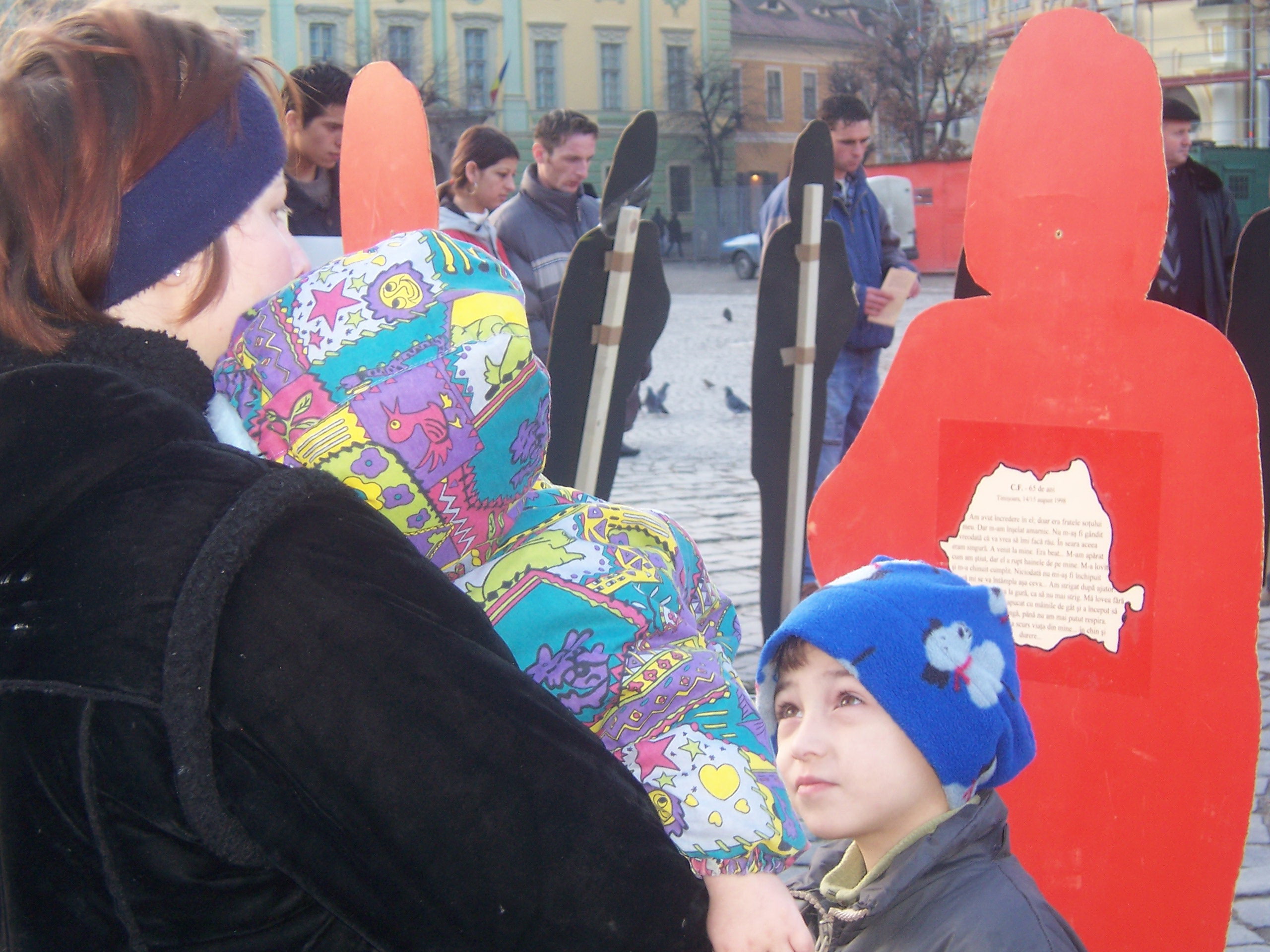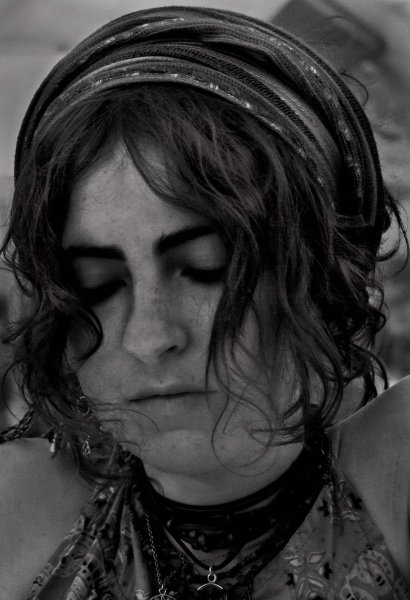Feminisme
istorii, spatii libere, democratie participativa, justitie economica
___________________________________________________________
8 martie – Ziua Internaţională a Femeilor!
Spatiul h.arta
Str. Zugrav Nedelcu nr. 11, Timişoara (intrarea din Splaiul Tudor Vladimirescu)
si spatiul public al orasului
Ziua de 8 martie are o istorie legata de luptele pentru egalitate sociala, o istorie a eforturilor şi sacrificiilor depuse de femei obisnuite pentru drepturi in campul muncii. Aceasta istorie a unei zile care sa celebreze femeile care muncesc (facand atat munca salariata cat si muncile casnice neplatite, atat munca productiva cat si munca reproductiva) este acoperita de identificarea zilei de 8 martie nu cu o zi a femeilor care militeaza pentru drepturile lor ci cu o zi a femeilor pasive, care sunt, prin menire si destin doar mame si consumatoare.
Va invitam sa sarbatorim ziua de 8 martie avandu-le in minte pe femeile care s-au opus si se opun inegalitatilor de multiple feluri, pe cele care prin atitudinile si actiunile lor au participat si participa la construirea unei realitati mai echitabile.
Program Continue reading



